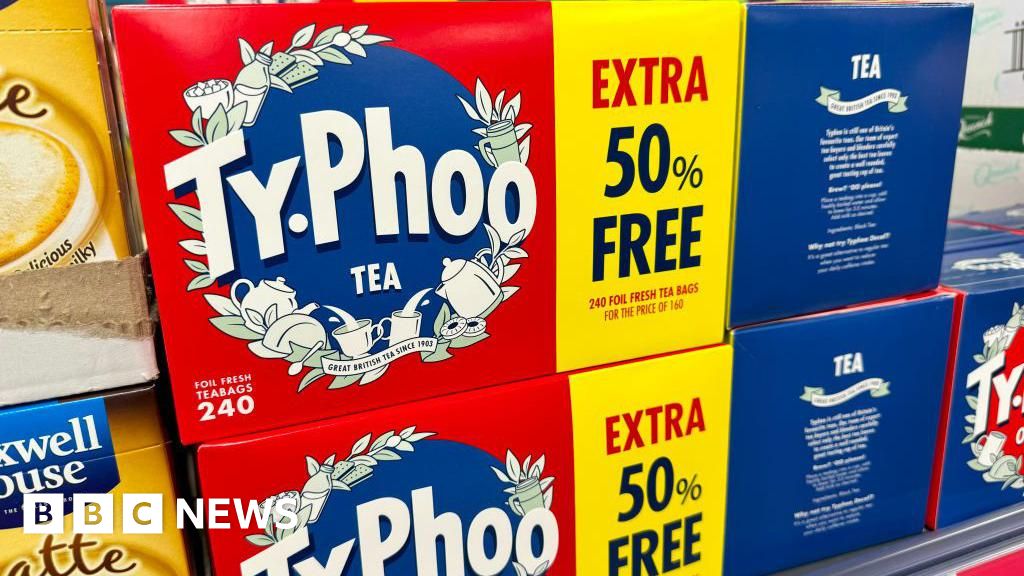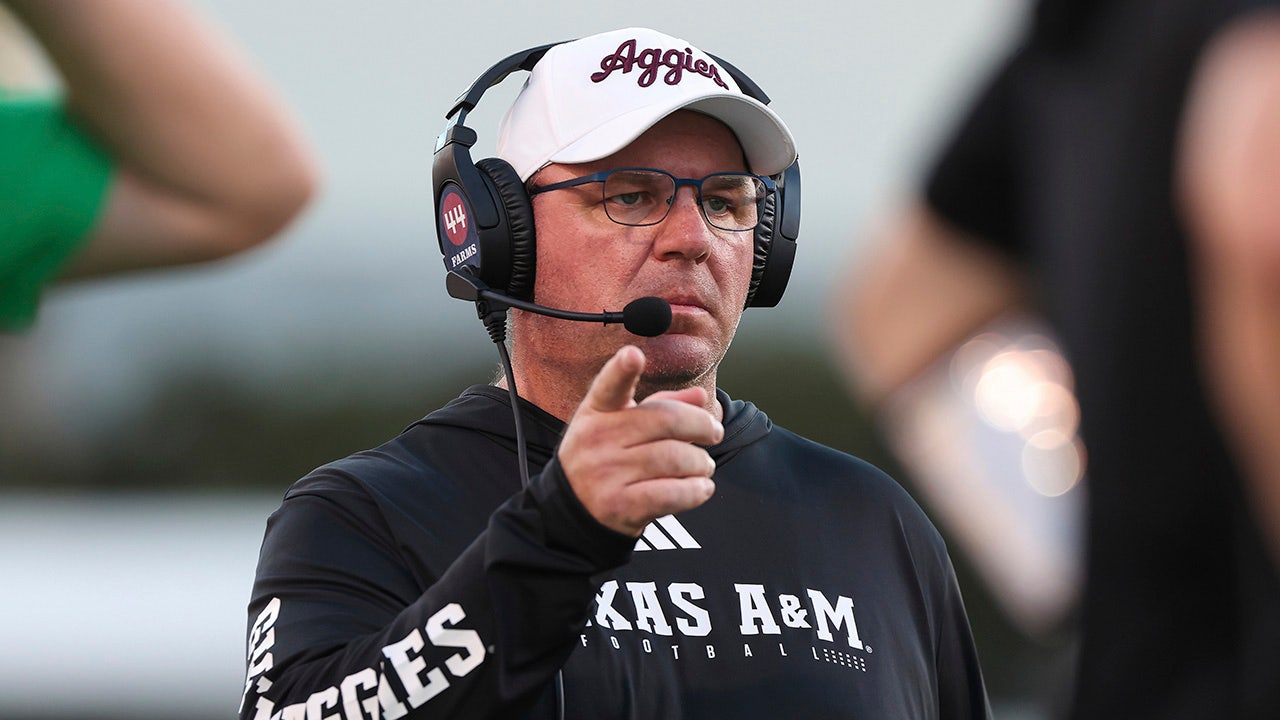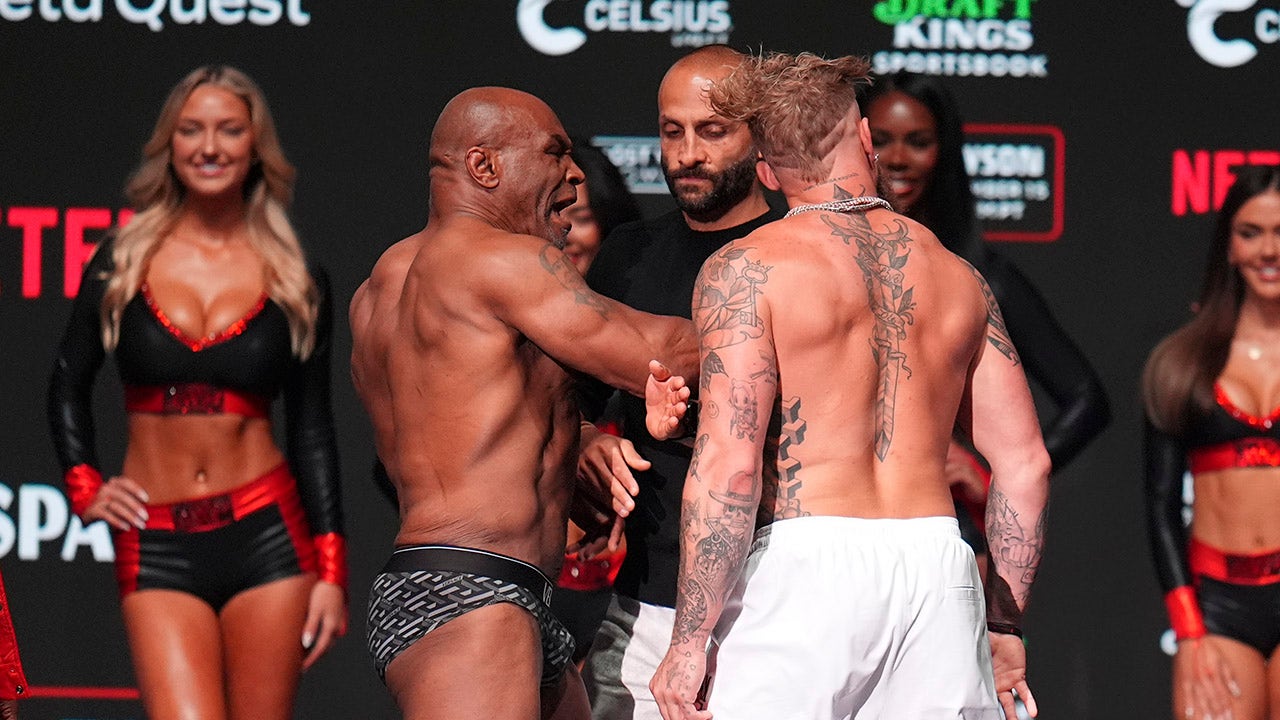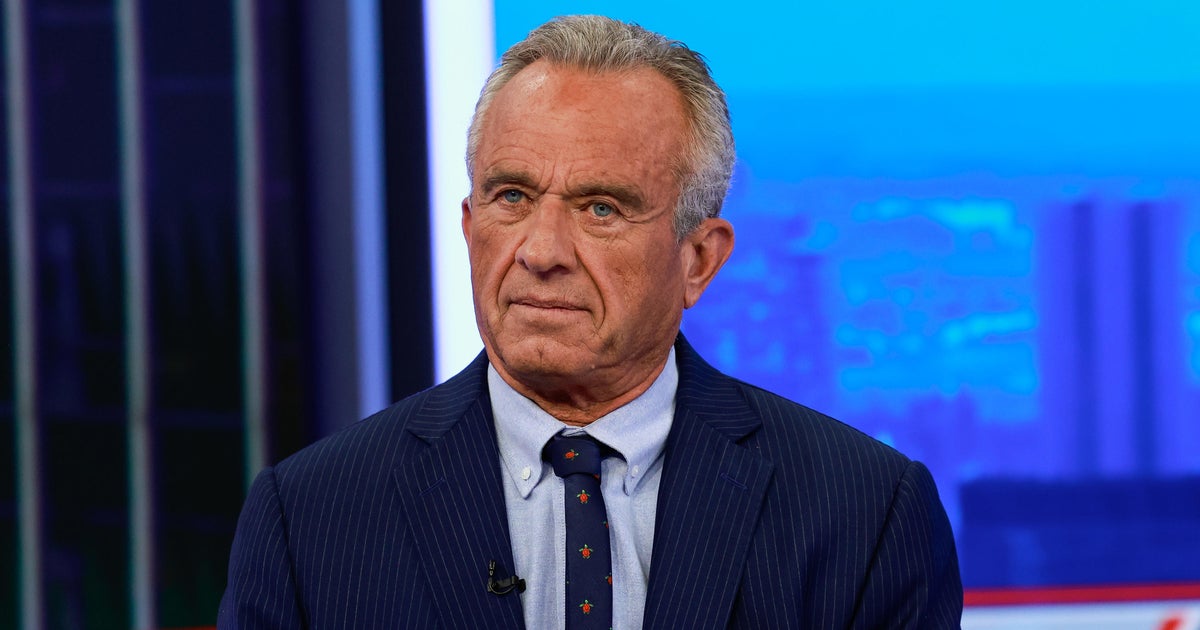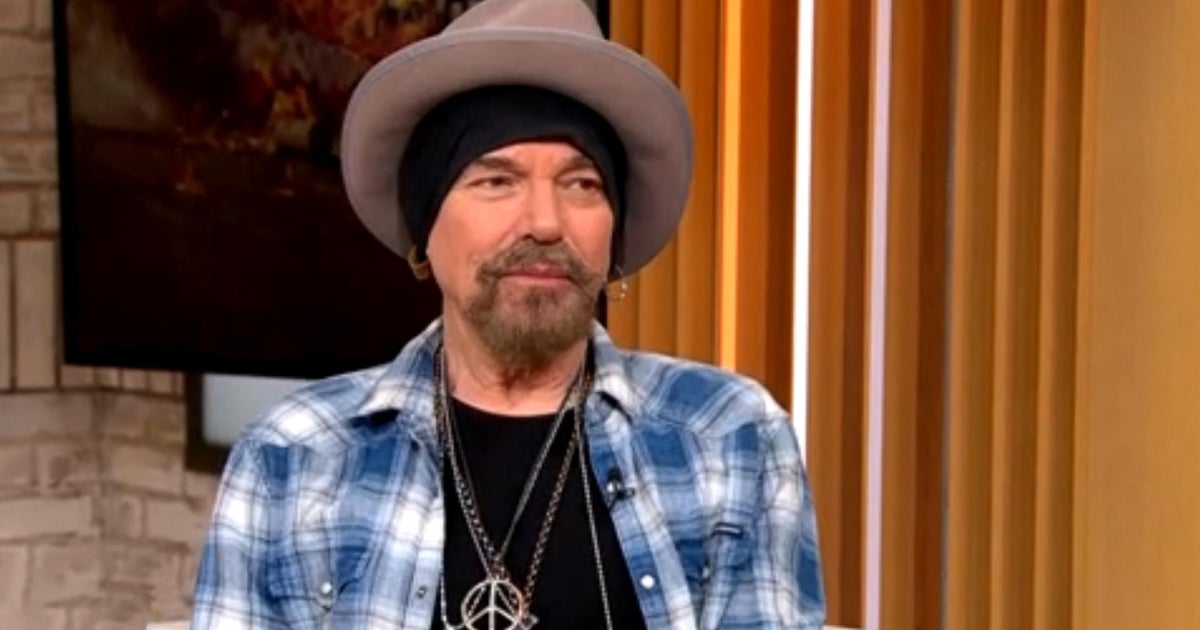Even worse: Another $415 million of frozen funds was supposed to cover paychecks by the middle of the following week. It was entirely unclear how quickly the money would be made available — or how much. Only about 70 percent of the $545 million total was insured under rules set by the Federal Deposit Insurance Corp., which took over SVB.
The sudden collapse of SVB last month, the second-largest bank failure in U.S. history, stoked fears it would trigger a tech collapse as start-ups lost access to their accounts and contemplated layoffs. But companies like San Francisco-based Rippling, a middleman that transfers money from employers to employees, show how the SVB crisis could easily have mushroomed well beyond Silicon Valley to people with no direct connection to the bank.
When federal officials provided assurances on that Sunday evening that all SVB depositors would recover all of their money, some critics said the flush tech sector didn’t need to be rescued. But about 80 percent of the workers scheduled to receive checks that Friday were outside of California, and about 65 percent were in industries outside of tech, according to Conrad. Because Rippling used SVB to distribute their payroll, they suddenly found themselves mired in the crisis.
“The blast radius of a bank failure like this was larger than maybe most people realized at first blush,” Conrad said in an interview.
Beyond the threat to SVB depositors and payroll clients, regulators fretted that if they didn’t intervene to guarantee all funds held in SVB accounts, bank runs could spread and topple additional regional banks. President Biden on Thursday called for the reinstatement of certain regulations on midsize banks that were rolled back during the Trump administration, including requiring them to hold greater stores of immediately available cash.
In the 48 hours before federal officials stepped in to guarantee all SVB deposits, Conrad used $130 million of Rippling’s own cash to cover some of the payroll, and then scrambled to raise an emergency funding round of $500 million from investors — a process that usually takes weeks or months — to ensure that paychecks could keep flowing until Rippling managed to switch its distribution system to JPMorgan Chase.
Many of the employees in the Friday pay run were hourly workers with average annual earnings of about $55,000, Rippling said. They included pharmaceutical manufacturing workers in Indianapolis, lab technicians in New Jersey and Florida, and art gallery workers in Seattle.
“These were not wealthy people,” Conrad said. “Many of them would be living paycheck to paycheck, and payroll being late would have, for at least a significant portion of people, real consequences.”
SVB didn’t respond to a request for comment.
Rippling client Anastassia Laskey, who owns a small consultancy in Atlanta, had never thought to scrutinize the financial plumbing that delivered payroll to her staff — until one of her employees reported a missing paycheck that Friday morning.
Once Laskey logged on and caught up with what was happening, she ran a quick analysis of how and whether she could cover the missing pay.
“We had no idea if we would ever get our payroll money back,” said Laskey, whose firm advises start-ups on growth strategy. After some back-of-the-envelope calculations, she sent an email to her two full-time workers and seven contractors. “If anyone needs a float to pay for things so they aren’t late on bills, please reach out to me ASAP,” she said.
“My plan was just to PayPal people their paycheck amount if they needed it. And my other plan was, basically, figure it out later,” Laskey said.
Conrad co-founded Rippling in 2016, after resigning under pressure from the health-insurance brokerage Zenefits amid state investigations that found the company failed to properly license some sales reps.
Rippling began working with SVB early on, choosing the bank because it gave Rippling access to a lot of infrastructure for money movement, Conrad said. Like Rippling, more than half of the venture-backed companies in the United States had relationships with SVB, according to the bank’s website. Rippling used SVB to withdraw payroll money from Rippling customers’ accounts, and then had the bank distribute the checks to each employee.
Over time, Conrad grew concerned about relying too heavily on any single supplier that could leave Rippling in the lurch if it failed. So months ago, Rippling began establishing a backup payroll system at JPMC.
Conrad accelerated that work on the Thursday before the collapse, as reports of SVB’s instability spread within the tech industry. A friend in tech called him that day to express concerns about SVB, saying that a board member advised him to yank all funds from the institution. Conrad said he thought the idea of an SVB collapse was “crazy,” but he asked his team to step up the switch-over to JPMC.
The next morning, a colleague woke him before dawn in San Francisco to say that reports of missing paychecks were coming in from the East Coast.
“We woke up at 5:30 to this nightmare of all these people reporting they hadn’t been paid. I went downstairs, cleared all the Legos off my kitchen table, sat down to join the Zoom and basically felt like I didn’t get up for three days,” Conrad said.
In those early-morning hours, representatives from SVB’s client services team were still telling Rippling that the money would go out that day, after a delay due to high volumes of withdrawals, Conrad said. But around 9 o’clock, the FDIC announced that SVB had failed and was under federal management — a lockdown that immediately froze all deposits.
Conrad pushed his engineering team to finish the switch-over to JPMC within a few hours, hoping that if he could raise enough cash to cover the missing checks, he could reissue them through JPMC that day.
Then he added up the money Rippling had available that he might use to cover the $130 million in checks that were supposed to arrive Friday and Monday. Alongside the frozen payroll funds, Rippling had $80 million of its own money frozen in SVB, so that were unavailable. Instead, Conrad sold about $130 million Rippling had in money market mutual funds.
Rippling also checked in with JPMC, which said that if Rippling’s engineering team could finish updating the software needed to set up the transfer instructions by 12:30 p.m., Rippling could use this new pool of money to send the paychecks out through JPMC that day.
“Look, what’s the chance that you can get this done by 12:30?” Conrad said he asked his engineering manager. “And [the manager] said, ‘It seems unlikely but we’re going to push for it.’”
The Rippling CEO then turned his attention to a bigger problem: finding money to cover the $415 million due by the following Wednesday. The payroll company didn’t have that much cash lying around, so it needed to raise it, fast. “We felt very strongly that it wasn’t our fault that SVB failed, but it was our responsibility. … Companies had sent us this money. We needed to make sure that it got to their employees.”
He started hitting the phones, focusing on investors who had previously expressed interest in owning part of Rippling. But he soon ran into a problem: some of these investment firms had all their capital tied up in SVB.
Eventually he reached Neil Mehta, founder of the venture capital fund Greenoaks, a longtime investor in Rippling who was willing to pony up money right away. “Greenoaks said, ‘Look, we can get you $500 million on Monday morning,’” Conrad recalls.
Within 12 hours of that phone call, Rippling and Greenoaks had signed a term sheet agreeing to the investment. Both sides’ lawyers then spent the whole weekend hammering out final details. The fund was investing with the understanding that most of the money would go out the door immediately to cover the paychecks, Conrad said.
While Conrad scrambled, more of his customers were realizing their payroll had gone haywire. Many had no relationship with SVB; some had never heard of it.
Maxx Follis-Goodkind, director of Push/Pull, a small arts organization in Seattle, was receiving urgent emails from Rippling telling her to switch her banking codes to JPMorgan Chase — and complaints from employees that they hadn’t been paid.
Follis-Goodkind considered her arts organization a world away from Silicon Valley. “We don’t have any digital products that we sell or create. … We’re trying to get people to paint and write and draw,” she said.
Some Rippling clients were annoyed that the company didn’t clearly explain throughout the day Friday how it planned to cover that day’s paychecks. The company’s early emails were “not addressing the elephant in the room of how our employees are going to be paid this pay period,” said Alex Meshkin, chief executive of Flow Health. The diagnostic testing company has over 1,000 employees, including lab technicians and phlebotomists, in multiple states.
Conrad said he was relaying as much as he could via Twitter and email while scrambling to rescue the paychecks.
Rippling client Kevin Caldwell, co-founder and chief executive of San Francisco-based Ossium Health, didn’t bank with SVB but began hearing reports of its instability in his text threads with other tech founders a day before the collapse.
On Friday morning, when he realized that Rippling hadn’t delivered Ossium’s payroll, “immediately the first thing I thought was, ‘Oh, they probably use SVB,’” Caldwell said in an interview. “Before the SVB collapse, there weren’t many reasons to care about which regulated FDIC-insured bank your partners were using, so it wasn’t something that was top of mind. … In the post-SVB collapse world, that’s changed.”
While the Greenoaks investment was being finalized, Conrad turned his attention back to the engineering team, where there was bad news: It wasn’t going to make JPMC’s midday Friday deadline. So Rippling’s chief financial officer called JPMC and begged for an extension. The bank gave it 15 more minutes. Rippling blew that deadline by six minutes, but in the end, JPMC issued the paychecks that day. JPMC declined to comment.
At 3:42 that Friday afternoon in San Francisco, Laskey, the consultancy founder in Atlanta, received an email from Rippling saying that all checks from that day’s payroll were in transit and would land by Monday at the latest.
“I am so impressed with what Rippling did in the amount of time they did,” Laskey said, expressing a sentiment shared by other customers. “It’s unbelievable,” Laskey said.
Rippling’s efforts “showed a lot of integrity,” Caldwell said.
On Sunday, as Rippling and Greenoaks were finalizing their deal, federal officials announced that they would guarantee all deposits in SVB and begin making the money available on Monday morning. That pledge took some of the urgency out of completing the Greenoaks deal, which valued Rippling at $11.25 billion — the same as its previous financing round — but Rippling went through with it anyway, Conrad said. Rippling deposited the money with JPMC.
Most of SVB’s assets are being sold to Raleigh, N.C.-based First Citizens Bank, the FDIC announced March 26. Conrad says Ripping is now focused on working with JPMC.
“We need to continue to closely guard our customers’ funds and make sure this never happens again,” Conrad said. “… There are other partners we can work with, obviously, but I think we would always stick with the largest, too-big-to-fail institutions.”






